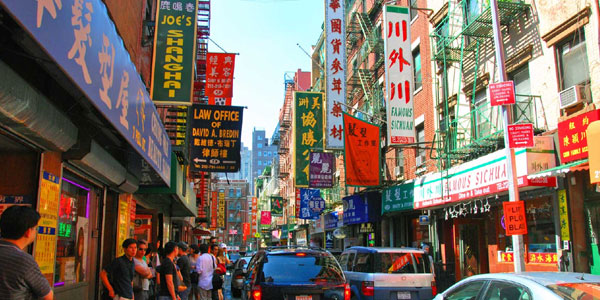
Bonnie Tsui’s book The Changing Face of America’s Chinatowns is an analysis of the dynamics of Chinatown’s shifting population of immigrants of various Asian heritage origins, including the ones who are economically enticed to go back to their heritage countries. This book was covered on NPR. In the audio of Chinatown recorded in the NPR covereage, I even heard some Taiwanese/Fujianese spoken, and the book’s topic of study made me reflect on the role of Chinatown in my own life experience and if they are indeed disappearing as Tsui says they are.
When my Taiwanese family first came to the U.S. in the early 1980s, we lived in a little apartment in Los Angeles’ historic Chinatown for a few months before moving out the the “Chinatown” suburbs of Monterey Park and Alhambra areas. After a few more years in one of LA’s oldest towns, Whittier, where my family alone made up practically the entire Asian American population in the area, we moved to yet another Asian suburbia, the Hacienda-Rowland-Diamond-Walnut-Chino corridor where you can find Asian food from practically every corner of Asia within a 15 minute drive and quite a number of public schools there are 30% to 60% or more students of Asian heritage. Although I didn’t grow up in the urban Chinatowns, I most definitely grew up in various evolving forms of Chinatown, communities where you practically cannot survive socially or professionally without knowing how to speak Chinese (and a variety of Asian languages and dialects along with some Spanish).
When Tsui reports that some of the Chinatowns are struggling to even survive, it’s hard for me to believe. Since the urban Chinatowns are indeed what she calls revolving doors, and most people don’t usually stay there permanently and primarily use it as a gateway to America, I can see how that’s true there. But the largely suburban Chinatowns seem to be here to stay, at least for a another half century. In my own experience, it feels like that community is really here to stay. Nevertheless, I wonder if that’s just my wishful thinking, and maybe future economic, social, and political situations may entice people to engage in a sort of reverse immigration. What do you think?
[Photo courtesy of here.]







